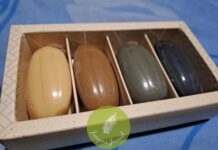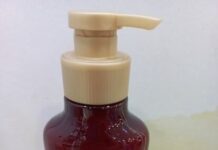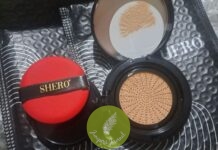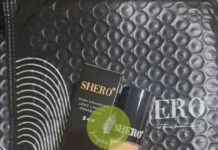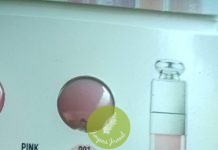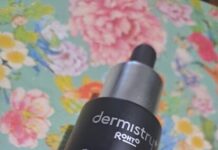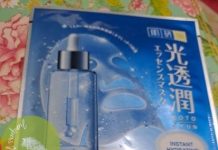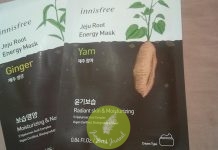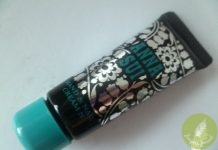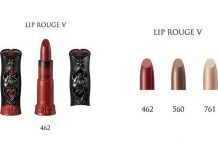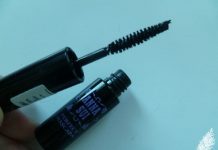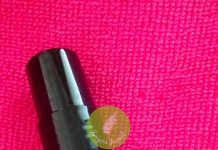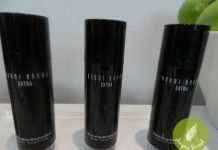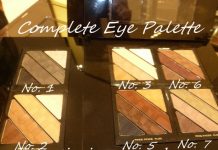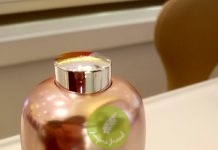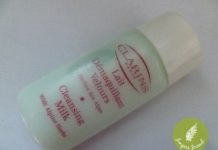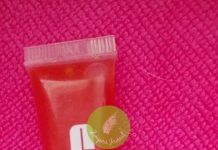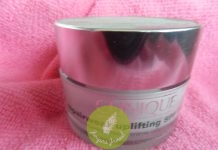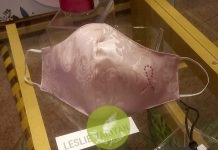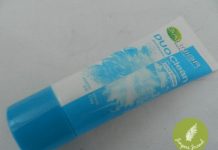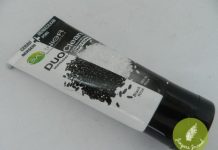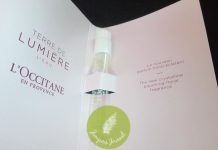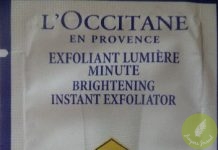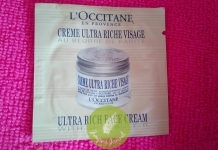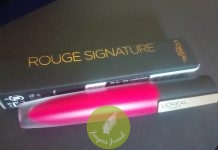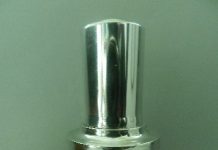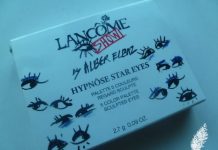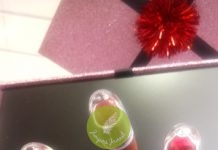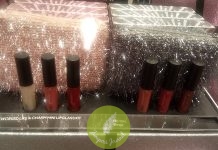

Mylan, one of the world’s leading global pharmaceutical companies, today, announced the launch of Dymista®, a new class of treatment for Allergic Rhinitis (AR) in Malaysia at a conference. This new advanced breakthrough product contains two main active ingredients – Azelastine Hydrochloride and Fluticasone propionate that provide significant relief to AR patients with moderate to severe symptoms of the nose, eyes and underlying inflammation in just a single spray.
At the conference, Dr Kong Min Han, President of Malaysian Society of Otorhinolaryngologists Head & Neck Surgeons (MSOHNS), along with Datuk Dr. Kuljit Singh, Consultant of Ear, Nose, Throat Surgeon and Professor David Price from the Primary Care Respiratory Medicine at University of Aberdeen, shared insights on AR, the current treatment availability in the market and the latest treatment options in controlling the symptoms of AR.
A chronic respiratory disease caused by an allergen such as pollen, dust and animal dander, AR often triggers Nasal AR symptoms such as blocked nose, nasal itching, running nose, sneezing as well as Ocular AR symptoms like itching, watering and redness of the eye. Recent studies have also shown a significant association between asthma and AR. It is reported that up to 28.8% of the AR patients in Malaysia are concurrent asthmatic sufferers[1]. It has further been proven that AR patients who sought treatment with Dymista® achieved a 100% reduction of the reflective Total Nasal Symptom Score (rTNSS) in a shorter period[2] when compared to the current available AR treatment.
Commenting at the launch, Mr. Shaun Lau, Country Manager of Mylan in Malaysia said, “Launch of Dymista® is a major milestone for Mylan in providing AR patients access to this novel drug to effectively control the chronic disease and is in line with our mission to provide the world’s 7 billion people access to high quality medicine.”
Sharing insights on the need for addressing the symptoms, Dr. Kong stated, “While AR generally triggers multiple symptoms, majority of the patients experience nasal itching, sneezing, runny nose and nasal blockage which affects the quality of their life. Ocular symptoms remain widely neglected, as well, while they concern most patients with allergic rhinitis (AR) and have been shown to impair their daily activities. About 43.3% of the AR patients suffer from sleep disturbance, causing them to experience fatigue, irritability and in more serious condition, cognitive impairment. The symptom burden of AR is high in Malaysia and as such, a prescription that tackles these symptoms is necessary.”
Datuk Dr. Kuljit, on the other hand stated that, “AR treatment arsenal has remained static over the years with its focus placing only on mono-therapy developments which do not result in substantial symptomatic control of the AR. For instance, many patients have reported dissatisfaction over the use of intranasal steroid sprays due to its slow onset of action and breakthrough symptoms. He further added that while most patients have resorted to multiple therapies to achieve better and faster nasal and ocular symptom relief, they continue to experience symptoms of AR including running nose, sneezing, congestion and itching of the eyes.
“Recommended in the Allergic Rhinitis and its Impact on Asthma (ARIA) guidelines, Dymista® is suitable for individuals suffering from AR due to its fast onset of action. Using Dymista®, AR patients with moderate to severe symptoms can experience immediate relief in as fast as 5 minutes, which is twice as effective as the current available treatment (i.e. intranasal steroid spray). This new formulation of Antihistamine and Corticosteroid targets all nasal and ocular symptoms to provide patients a significantly better symptomatic relief of AR,” pointed Prof, Price.
The Dymista® nasal spray is indicated for adults and children aged 12 years and above who suffer with AR. Dymista® nasal spray is suitable for long term use, and it is recommended to use one spray per nostril twice daily. It can be obtained upon consultation from specialists or general practitioners.
[1] Asha’ari ZA, Yusof S, Ismail R, Che Hussin CM. Clinical features of allergic rhinitis and skin prick test analysis based on the ARIA classification: a preliminary study in Malaysia. Ann Acad Med Singapore. 2010; 39(8):619-24.
[2] Price et al, JIACI 2013

